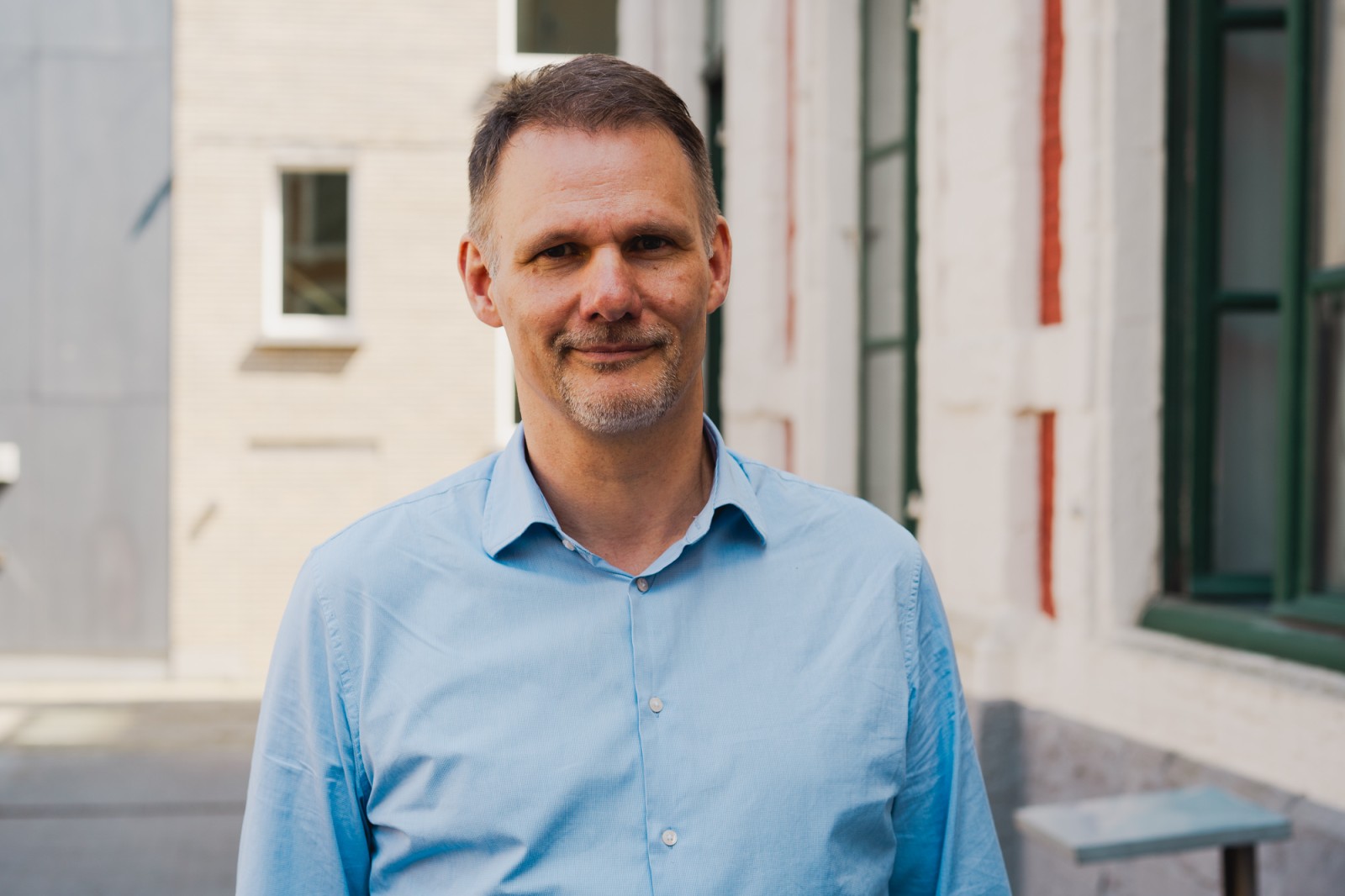Imagine if we locked up fewer people, or if there were no longer any prisons at all. Would that lead to more crime or, on the contrary, produce greater equality and security? An intriguing issue criminologist Tom Vander Beken loves to ponder.
In Brief
If society truly wants less crime, we must be willing to look at what scientific research teaches us and dare to use those insights.
- Insight 1: Prison does not deter and fails to give people's lives a positive turn.
- Insight 2: Prison sentences often do more harm than good. Many inmates suffer 'detention damage,' which increases the likelihood of reoffending.
The world becomes much safer if we imprison fewer people. We must dare to invest in reintegration and non-custodial sentences (ankle monitors, community service, fines).
“One can rightly pose the question whether prisons as an institution are outdated. As an instrument of punishment, they are scarcely three hundred years old. Instead of punishing the body, sanctions came to focus on the soul, and prisons for the first time received a preventive function. Temporary imprisonment would - so the theory - compel offenders to repent and make better people out of them.”
This ´remedial idea´ remains widely accepted, even today. Society wants inmates to spend their time in prison improving their lives. “At the same time, we also seek retribution: criminal acts may not be allowed to go unpunished", Vander Beken notes. "Furthermore, imprisonment should deter potential future offenders, while preventing today’s offenders from ever going astray again."
Effectiveness of prison sentences
Whether prison sentences actually achieve their objective is precisely the question, however. Our country has a recidivism rate of around 70%. This means that 7 out of 10 ex-prisoners will, sooner or later, go down the wrong path once again.
According to Vander Beken, an enormous amount of research has been done on the effectiveness of prison sentences, and researchers around the world always come to the same conclusion: “We are expecting far too much from the practice of imprisonment.”
“Prisons are not the right environment for turning people´s lives around in a positive way. Moreover, it appears that imprisonment doesn´t actually deter potential offenders. That is shown not only by the statistics, but also from the countless interviews we have conducted with inmates over the years.”
More harm than good
For a limited number of inmates, imprisonment does indeed afford a valuable period for reflection; but for most of them, the main thing it does is cause harm, what we refer to as ‘detention damage’.
“Imprisonment has a huge impact on inmates. The longer we lock someone up, the greater the risk of damage. Long-term imprisonment makes people highly vulnerable for criminality. It is therefore in everyone´s interest to limit detention damage and to invest in re-integration.”
“Detention means more than the restriction of freedom. Inmates also lose their jobs, their homes and their social networks. They end up in a total dependency relationship, as a result of which they necessarily become less self-reliant. Moreover, they 'unlearn' how to form or engage in emotional relationships, and they struggle with many health problems such as loneliness, depression, sleep disorders and anxiety.”

The luxurious life in prison
Would imprisonment deter more people if prison life was harsher? There is a widely-held belief that inmates enjoy the life of Riley while in prison. "Some people find that we are too soft in dealing with our prisoners, and they think that longer, tougher penalties are the solution." But we know that such deterrence doesn´t work.
“I’ve visited prisons in Belgium, England, France, Italy, the Netherlands, Azerbaijan and Norway ... and I must emphatically object to the notion that, all in all, life in prison really isn’t so bad. And life in Belgian prisons is especially harsh. Our country has already been condemned by the courts several times for the poor living conditions in its prisons.”
The solution: continuing to invest in re-integration
"Academic studies have shown over and over that people do not stop committing crimes because they are punished. Yet that does happen when there are other turning points in their lives. A permanent job and a strong and positive social safety net (children, partner, friends) have much more impact on recidivism than a prison sentence. So that’s what we have to focus on, even if we are only interested in security", Vander Beken explains.
“We take too little account of the fact that 99% of prisoners are released at some point. A prison has a front door, but it also has a back door that we have to keep open.”
A world without prisons?
"For some dangerous individuals imprisonment remains necessary," Vander Beken acknowledges. "But for most offenders, other penalties are more effective: community service sentences, fines, ankle bracelets. The world actually becomes a lot safer when we lock up fewer people.”
“If society really wants less crime, we have to look at what scientific research teaches us and also dare to use those insights.”
Read also
Will professor criminology predict where and when crimes will occur in the future?
Why is one neighbourhood more prone to crime than the next? Can crime be predicted and prevented? Those are the questions that professor Wim Hardyns decided to tackle seventeen years ago.
Nico Gunzburg changed Ghent University, criminology and a part of the world
He is one of the most defining characters in the history of Ghent University. His name was recently given to a foundation, set up by professors Marc Cools and Christophe Vandeviver. They believe that Nico Gunzburg is the perfect embodiment of what they are keen to achieve with the foundation.


